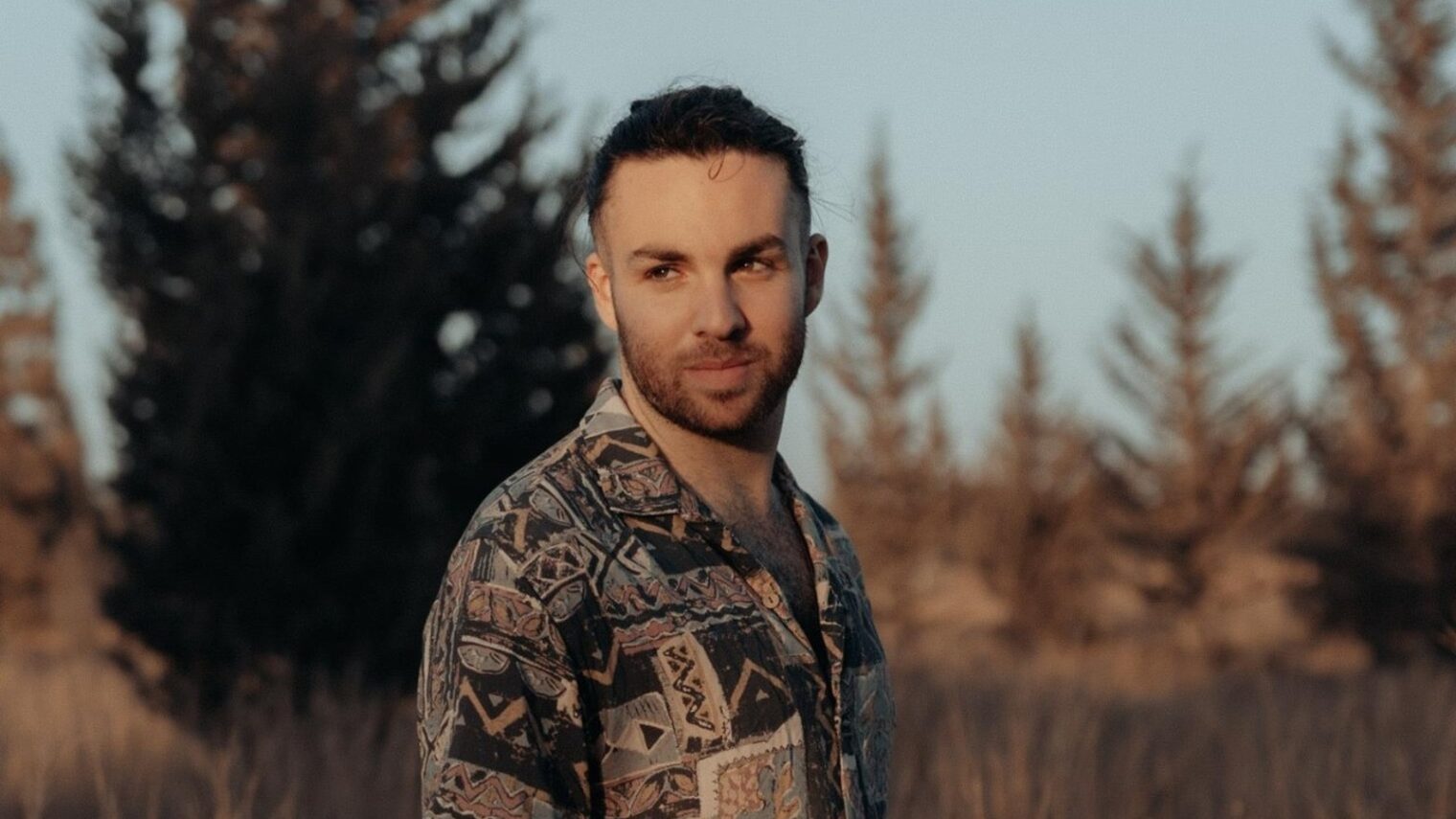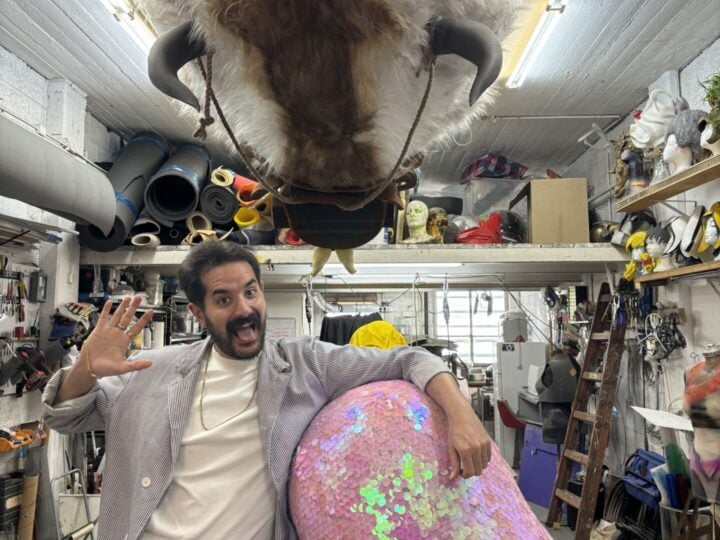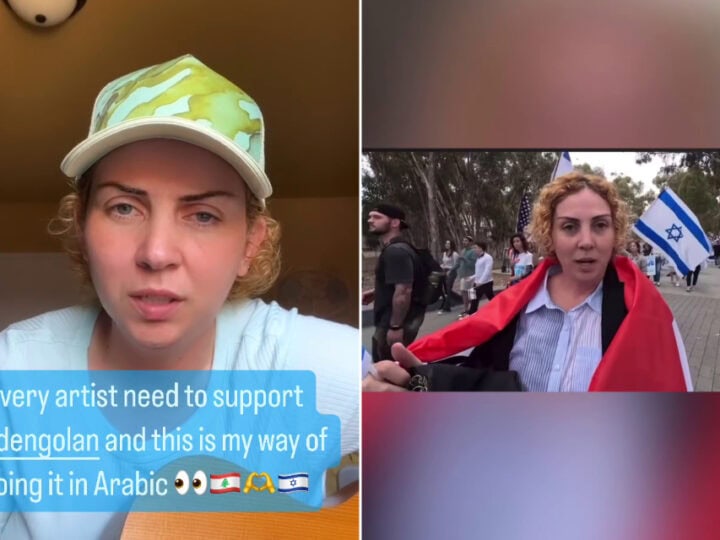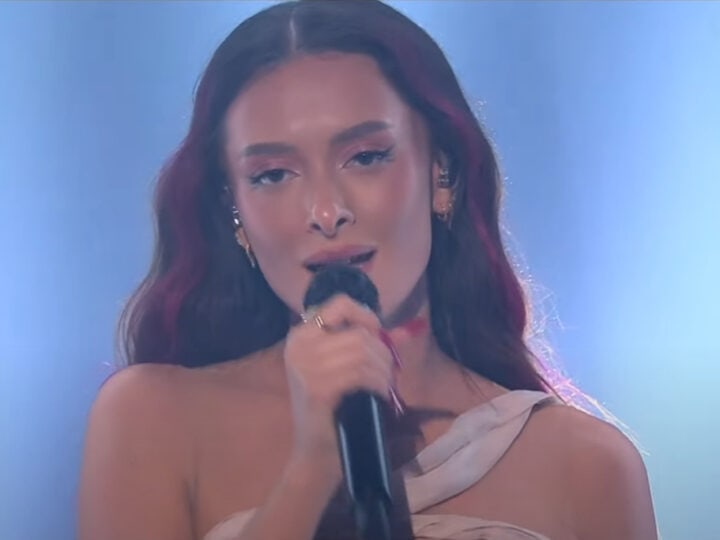It’s no longer a novelty for Israeli performers, especially those with family roots in Arab countries, to switch between Hebrew and Arabic in what is predominantly Mizrachi-style music.
Eytan Peled is distinctly different.
The 26-year-old singer-songwriter transitions flawlessly between English, Arabic and Hebrew, in genres that range from indie to R&B, rock and hip-hop. Not quite mainstream, but still appealing to a large audience.
Peled’s 2020 debut single, “Where Are the Days,” reached the top of the Israeli charts and was the most streamed song on Spotify in Israel. He also received the accolade of Breakout Artist of the Year from popular Israeli radio station Galgalatz.
“This song is just what the world needs. Eytan keeps breaking borders and connecting people with his music and energy,” summed up one fan on Peled’s YouTube channel.
Multicultural and multilingual
Born to an Israeli father and an American mother, the 26-year-old lived in Boston until the age of eight, after which the family commuted between Israel and the United States until settling in Ra’anana when he reached high school.
“My dad always tried to instill Israeli culture into us and we would listen to IDF bands and Yoram Gaon. It gave me a strong connection,” Peled tells ISRAEL21c.
In high school, Peled chose to major in Arabic due to a love of languages and the culture that comes with it. This led him to serve in elite intelligence unit 8200, where he “spent from morning till late at night immersed in studying the Arabic language.”
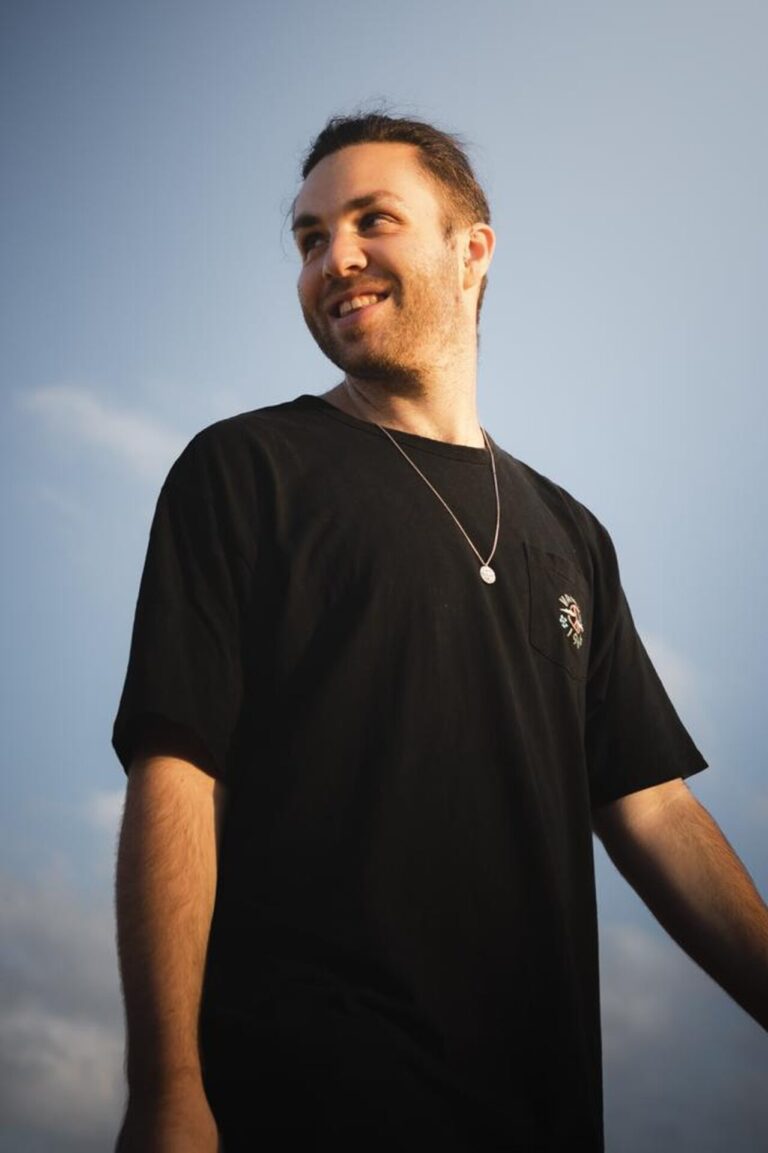
Real cultural immersion only came after he completed his service and moved to Julis, a Druze village in the Western Galilee, to work with Druze and Jewish 18-year-olds on a joint pre-army program (mechina).
“Actually living inside an Arabic-speaking village helped my language ability and made speaking it very natural for me,” says Peled.
Messages in the music
Another discovery was learning more about the Koran and Islam and this led to his formulating the messages that underlie his music
“Our religions share 70 percent of the same story. We think we are so different but we are not. I believe that through language we can create an emotional bridge to connect our cultures and break stereotypes that exist in Israeli society and other parts of the world.”
How to keep traditions alive while living in a modern culture is a subject he examines in his most recent single, “Sakatna” (“Falling”).
“Sakatna” was produced by Stav Berger, who works with top Israeli performers such as Omer Adam, Muki and Idan Raichel, and was behind “Toy,” Netta Barzilai’s winning song at the 2019 Eurovision Song Contest.
“It was a dream to work with Stav. He believed in me and I think we created special music together,” Peled says.
The “Sakatna” clip opens with a figure bowing down on a prayer mat and then dancing with headphones, dressed in a Bedouin-style galabia with a non-customary bright turquoise pattern. This leads to a desert scene where he dances hip-hop style as three other more dancers do the debka, a traditional Arab dance.
“We were so lucky that after putting out the ad for an actor for the clip, the first person to answer was a 21-year-old Bedouin hip-hop dancer. I was very inspired by him because he epitomizes the meaning of the song. It really touched a lot of people, even in Egypt, Yemen and Tunisia.”
Branching out
Peled is speaking to ISRAEL21c while in Los Angeles, his third LA visit in the last few months.
“The opportunities here are crazy,” he says in our Zoom interview, which takes place partly in his car between meetings.
He is here to collaborate with LA-based Indie singer and songwriter NO/ME and his agent has also set up a pitch for a video game soundtrack.

Back in Israel, the last three years since his debut have been just as hectic. Peled is in demand as an English songwriter by major local artists who want to penetrate the international music scene.
He wrote the song for Mergui’s debut abroad and works with Noa Kirel, who has signed with Atlantic Records and represented Israel at this year’s Eurovision, where she came in third place.
Then there are collaborations with Skazi, one of the leading names in the electronic dance and trance music scene, and with DJ WhiteNoise.i le
Despite the variety of projects he is involved in there is one common thread, Peled maintains. “Music is a therapeutic process. There are real emotions and what I want is that my music is always real.”
For more information, click here.




